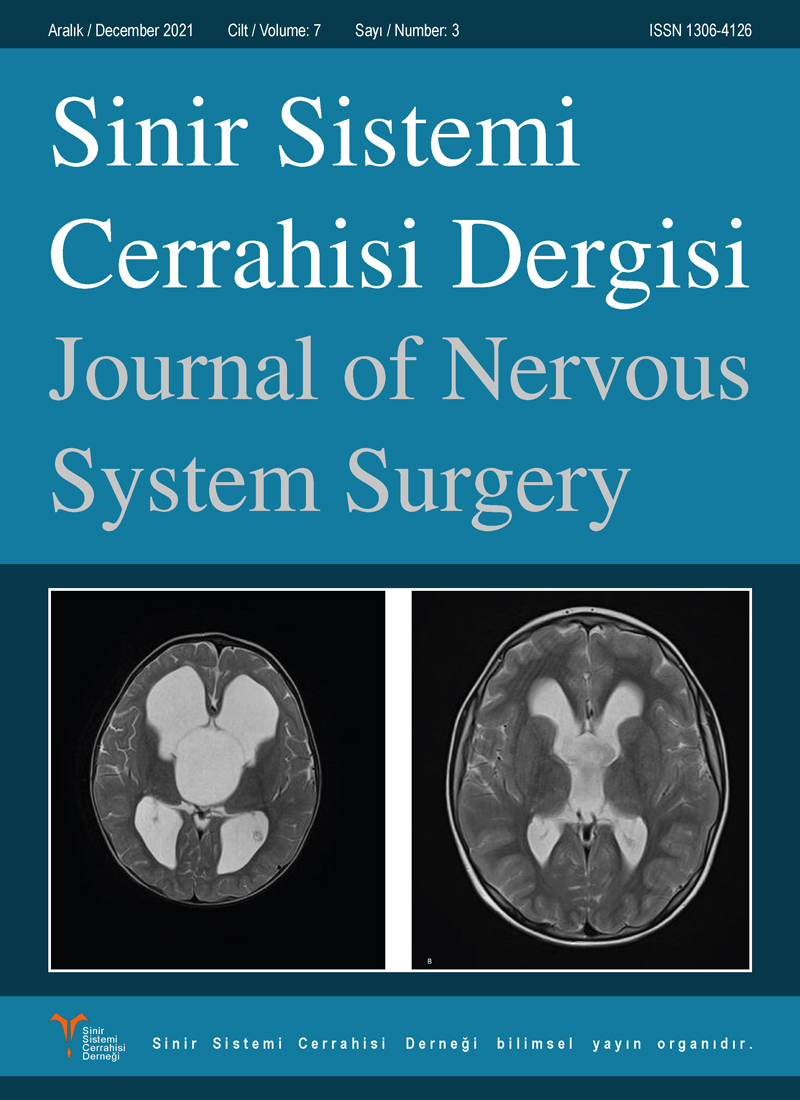Abstract
Aim: This study was performed to compare the effects of dexamethasone and melatonin against brain and spinal cord injury due to ionizing radiation models in rats.
Methodology: Irradiated rats receive one LD50 dose (6,75 Gy) of whole-body ionizing radiation. A total of 48 male Wistar albino rats were randomized into four groups which have two different follow-up periods (24h and 72h): 1) Sham groups (S24 and S72), 2) Control groups which were irradiated (C24 and C72), 3) Dexamethasone administrated groups (0,25 mg/kg) after irradiation (D24 and D72), 4) Melatonin administrated groups (10 mg/kg) after irradiation (M24 and M 72). In addition, brain oedema, oxidative stress (evaluated by GSH and MDA assays), and histopathologic tissue damage scores were assessed.
Results: Brain water contents were higher in control groups but were similar with dexamethasone and melatonin administrated groups compared to sham groups. In addition, oxidative stress was reduced with melatonin administration. Also, dexamethasone administration prevents an increase of brain MDA in both the follow-up period and decrease of spinal GSH level in 72h follow-up period.
Conclusion: Histopathologic examination revealed that melatonin was as effective as dexamethasone to reduce neuronal tissue damage. Taking all these points into consideration suggests that melatonin can be related to protecting CNS injury induced by irradiation.
Keywords: Radiotherapy, neuronal injury, melatonin, glucocorticoid
Copyright and license
Copyright © 2022 The Author(s). This is an open access article distributed under the Creative Commons Attribution License (CC BY), which permits unrestricted use, distribution, and reproduction in any medium or format, provided the original work is properly cited.






